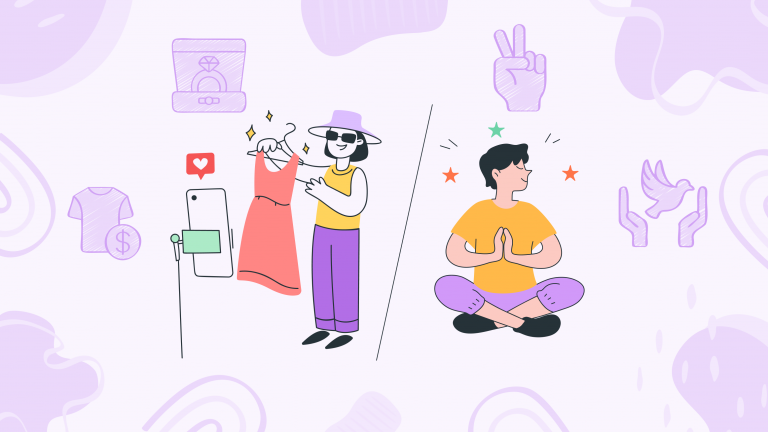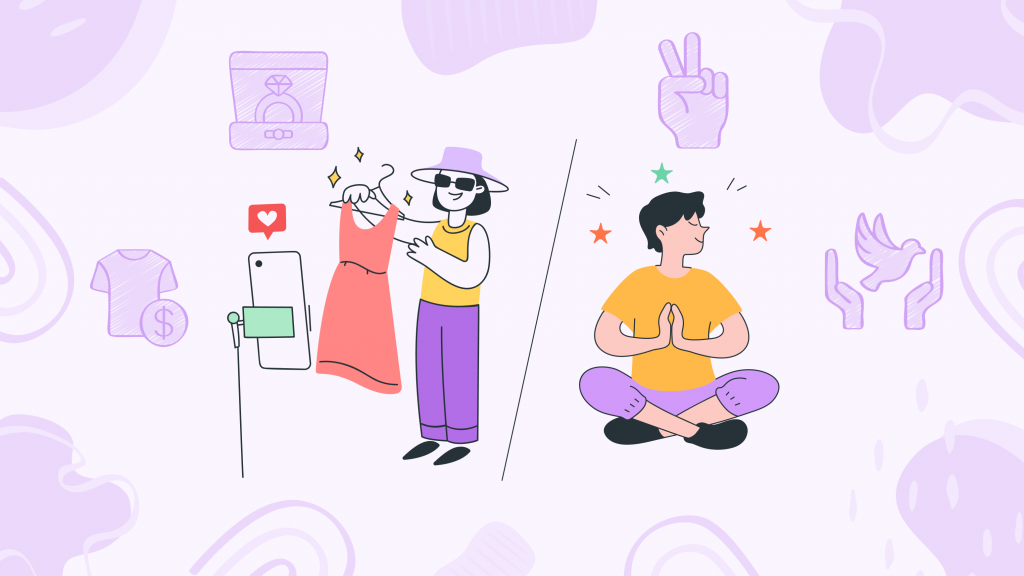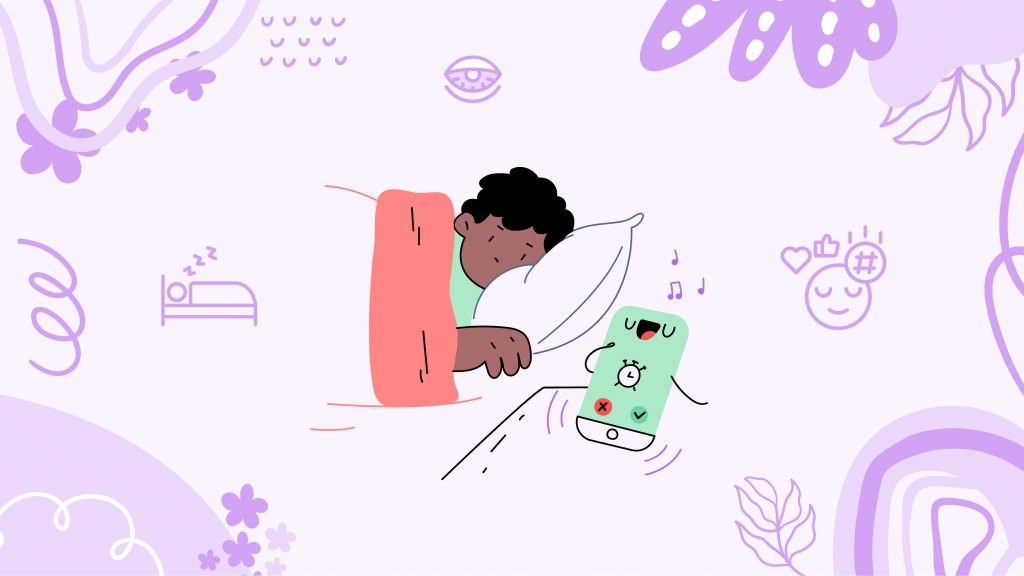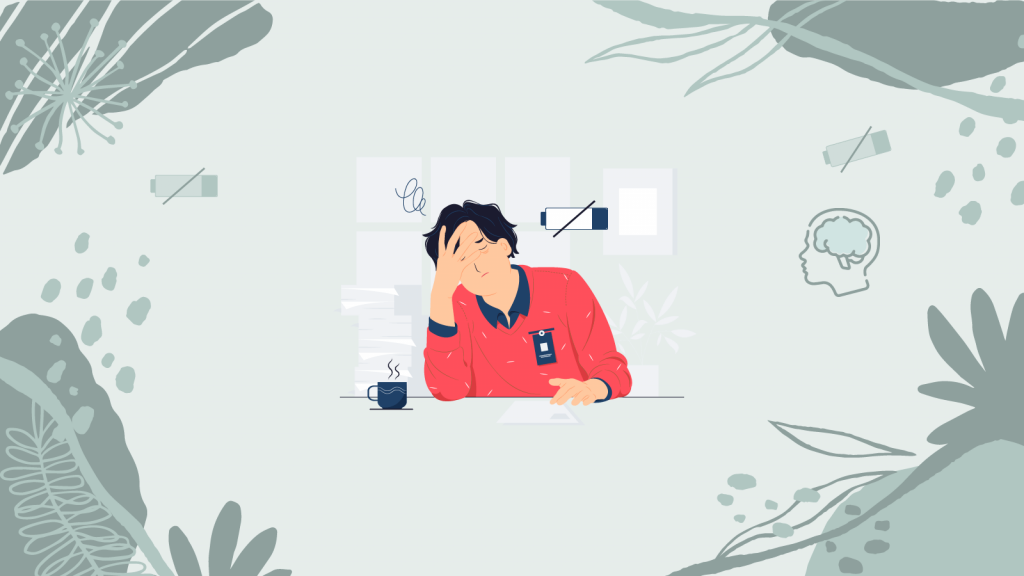The Mind-Material Conundrum
We’re living in a world where the mantra seems to be “buy, buy, buy!” and “more is better.” Everywhere we turn, there’s this push to get the latest gadget, the fanciest car, or that dream house, all in the hope that these things will bring us joy and happiness.
But here’s the kicker: even with all these shiny new toys and a bank account to match, many of us end up feeling a bit hollow inside.
It’s like we’re on this never-ending treadmill, sprinting after success and stuff, thinking they’ll be the golden ticket to our happiness. But then, when we finally grab hold of them, we’re left wondering why we don’t feel as fulfilled as we expected.
It’s a peculiar situation, where the more we chase after material wealth, the more we seem to realize that maybe, just maybe, the real treasures in life can’t be bought or sold.
The Neurology Materialism-Fulfillment Paradox
The drive towards materialism and the quest for inner fulfillment can be understood through the lens of neurological and neurochemical dynamics. The brain’s reward system, particularly the release of dopamine, plays a crucial role here.
Acquiring new possessions or achieving financial success triggers a dopamine release, creating a temporary sense of pleasure and accomplishment. However, this feeling is often short-lived, leading to a cycle of constant craving and dissatisfaction.
Neurologically, this cycle is reinforced by the brain’s adaptation to stimuli. Frequent dopamine surges from material gains can lead to desensitization, meaning more is needed to achieve the same level of satisfaction over time.
This can divert attention from activities that foster long-term happiness and well-being, such as personal growth, relationships, and altruistic endeavors.
Subscribe to newsletter
Get your Gut Health Starter Guide right now.
Elevate your Tuesdays with practical, science-backed wisdom propelling you forward on your gut health journey.

Strategies to Strike the Balance
To harmonize the scales of materialism and inner fulfillment, consider these steps:
- Mindful Consumption: Reflect on your purchasing decisions. Ask yourself if they align with your core values and long-term happiness or if they are merely impulsive reactions seeking instant gratification.
- Gratitude Practice: Cultivate a habit of gratitude. Regularly acknowledging and appreciating what you have, rather than focusing on what you lack, can enhance feelings of contentment and reduce materialistic tendencies.
- Invest in Experiences: Prioritize spending on experiences over possessions. Experiences, like travel, learning, or spending time with loved ones, contribute more significantly to lasting happiness and personal growth.
- Mindful Goals Setting: Define success in broader terms beyond just material wealth. Incorporate goals related to personal development, relationships, health, and community service.
- Simplify Your Life: Practice minimalism in aspects of your life where possible. Reducing clutter and focusing on essentials can lead to a clearer mind and a more focused pursuit of genuine happiness.
The Journey to Joy
Laura’s transformation began in the glass towers of the corporate world, where she climbed the ladder of success, measuring her worth by her office’s view and the brand of her watch. She lived in a world where success was tangible, counted in zeros in bank accounts and the applause in boardrooms.
Yet, amidst this abundance, a nagging emptiness echoed within her, growing louder with each achievement.
The decision to press pause on her career and embark on a sabbatical marked the first step of Laura’s real journey. She traded business suits for volunteer t-shirts, and board meetings for community gatherings, immersing herself in environments worlds apart from her corporate life.
Traveling to places where the language of success was not defined by wealth but by community, happiness, and simplicity, Laura found her perspective irrevocably shifting.
“Taking time off was like stepping out of a fast-moving train to breathe. I saw life beyond spreadsheets and presentations. Volunteering connected me to people with little material wealth but immense joy and generosity.
Traveling opened my eyes to cultures where happiness wasn’t tied to possessions. I discovered richness in shared meals, laughter, and the beauty of nature. This break taught me to savor life’s simple moments and redefined my understanding of success.
It’s no longer about the external accolades but the internal peace and joy I feel. Balancing my career with personal fulfillment has brought a sense of completeness to my life that no paycheck could ever match.”


















